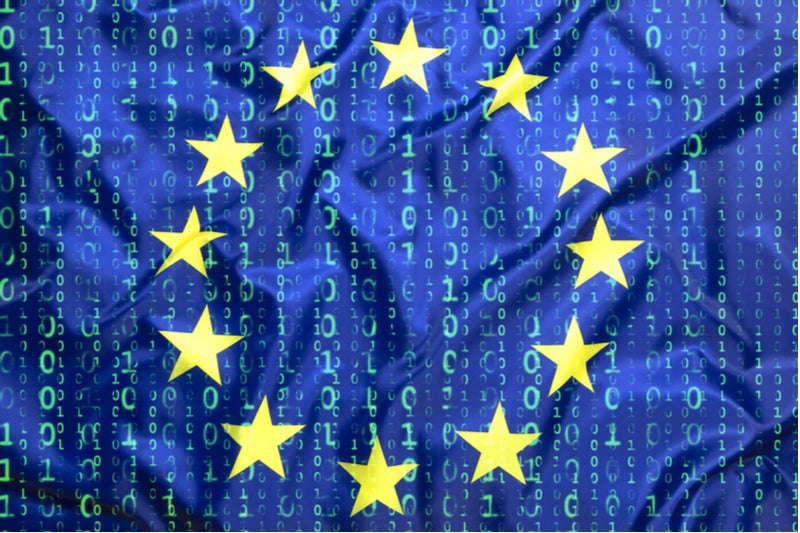
New European Commission proposals could require Big Tech companies to share data with smaller rivals.
Earlier this week it published its ‘European Strategy for Data’, outlining its “ambition to shape Europe’s digital future.” It calls for Big Tech to allow other companies to have access to the data they hold, where appropriate, in order to break up monopolies.
The report highlights that larger tech companies, such as Facebook, Google and Amazon, are able to accumulate large volumes of data, giving them a clear competitive advantage and allowing them to dominate the market.
It says: “The high degree of market power resulting from the ‘data advantage’ can enable large players to set the rules on the platform and unilaterally impose conditions for access and use of data or, indeed, allow leveraging of such ‘power advantage’ when developing new services and expanding towards new markets.”
It goes on to warn that this may deter new data-driven businesses from emerging, growing and innovating” and that there was a need to ensure better access to data.
Data sharing and Big Tech: A benefit for citizens?
Commissioner for Internal Market, Thierry Breton, said that having improved access to data could be beneficial to EU businesses and citizens:

US Tariffs are shifting - will you react or anticipate?
Don’t let policy changes catch you off guard. Stay proactive with real-time data and expert analysis.
By GlobalData“Our society is generating a huge wave of industrial and public data, which will transform the way we produce, consume and live. I want European businesses and our many SMEs to access this data and create value for Europeans – including by developing Artificial Intelligence applications. Europe has everything it takes to lead the ‘big data’ race, and preserve its technological sovereignty, industrial leadership and economic competitiveness to the benefit of European consumers.”
The report says that the European Commission will support business- to-business data sharing as well as addressing existing hurdles in data sharing.
The European Commission has said that data sharing should generally be voluntary, but would be compulsory where appropriate “under fair, transparent, reasonable, proportionate and non-discriminatory conditions” so that businesses can have better access to “high-quality industrial data” in order to encourage growth and create value. It has also said it could take “legislative action” if needed.
Ken Mortenson, data protection officer, InterSystems said:
“A priority for this year should be looking to review and reduce the amount of data businesses hold. People have begun to realise the importance and value of their personal data and, as a result, are demanding greater control and increasingly becoming unwilling to give up their information. To adhere to privacy regulations, businesses must continue to identify what personal information they hold and what purpose, if any, this data continues to serve for the company.
“According to Gartner, organisations that do not revise data retention policies to reduce the overall data held, and by extension the data that is backed up, will face a huge sanction risk for non-compliance as well as the impacts associated with an eventual data breach, within the next two years. The more data, the more risk for an organisation. As organisations begin to look beyond compliance to drive competitiveness through the governance of personal information, the issues of trust and ethics pertaining to that information are becoming more crucial to the success of the business.”
Read more: Google shift from EU data laws will curb class-action lawsuits for UK citizens: Expert







